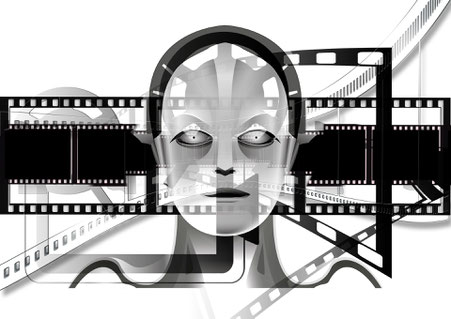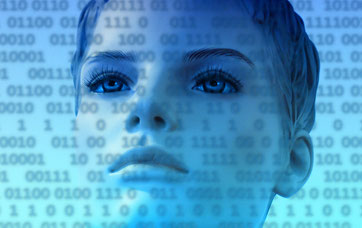
First of all, this article does not aim to criticize teachers. They do the best they can in educating our children. But people who work in education relate to this dilemma! We work our behinds off and try to make a positive impact on the students’ lives, yet we all feel that there is something missing. Fundamentally. We do not know what it is, but it seems like that the society we live in is changing so rapidly that it is hard to keep up. For political decision makers, for parents, for teacher and - most importantly - for the students. I actively choose to rest my mind. Pursuing my hobbies, sports and photography most of all, and I try to observe the way we interact with one another, during work, my leisure time or even while sitting on a park bench. So these are just my thoughts I collected during those times but they are backed up by some developments we observe in school.
Technology all over the place!
First and foremost, new media are everywhere. We consume them with our smartphones and barely lift our heads while walking through the city. The technology is so deep within our daily lives that we cannot imagine how life would work without them. This is not a bad thing. The technology ought to make our lives easier and let us communicate with pretty much everyone we would like to. I often said that the levels of communication multiplied and we need to prepare our students in a way so that they can easily navigate through this jungle and master the technology, not to be its slave.
The teachers’ job description!
As a teacher, the basic task is to prepare the students for the life outside of school. This is best achieved by not giving them just a set of rules and hope this set would serve them for years to come. It is far more promising to teach the students how to create their own sets of rules and teach them how those sets could be adapted over time. Because the truth of the matter is that more than 50 % of the pupils between ten and fourteen years of age are going to end up in a job that has not been invented yet. Bearing in mind how fast society is developing, it is far more realistic to assume that the teachers prepare the students to adapt in order to manage their lives successfully.
People are -analog-, media are not!
The discrepancy between the way we interact as people and the disappearing social skills lies in one very obvious fact. We are humans and we are analog. Our thoughts are not based on zeros and ones. Yet, the educational system needs to prepare the students for the digital world but remain human at the same time. This is very difficult. Nowadays, children have a lot more friends than my generation could have ever imagined. But those friends are digital. There is no human interaction when someone adds you on Facebook.

Working in the educational system we need to address the tension between digital and analog. Yes, we work in a digital world and hopefully exploit the advantages of it. But at the same time we must never forget that all this digital assistance ought to improve the real life social interaction. When we feel like that there is something missing in education, it is a coherent strategy on how to address this problem.
Being human with digital help, not being digital with human help!
In my opinion, the best way to learn how to integrate real social behavior in digital patterns of communication and work is to permanently use digital media in school. Up to the point where they feel completely natural and not like you would need to make an extra effort to use them. The minute ICT is used like a pen, students and teachers do not focus on them too much and get back to real social interaction. If I call teachers -analog- I mean that in a good way. Being human can be taught more effectively that way. But it is absolutely essential that the new media become a completely natural part of school. And if they do, people are going to have less resentments …
